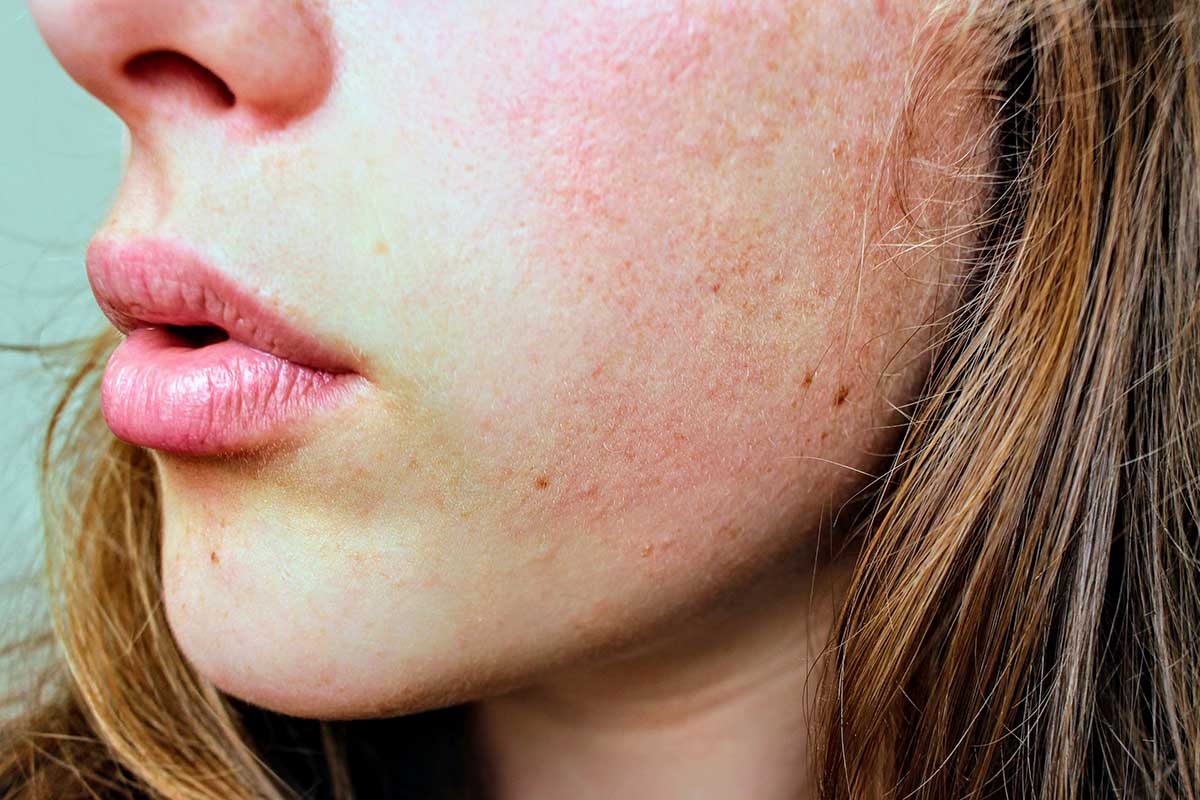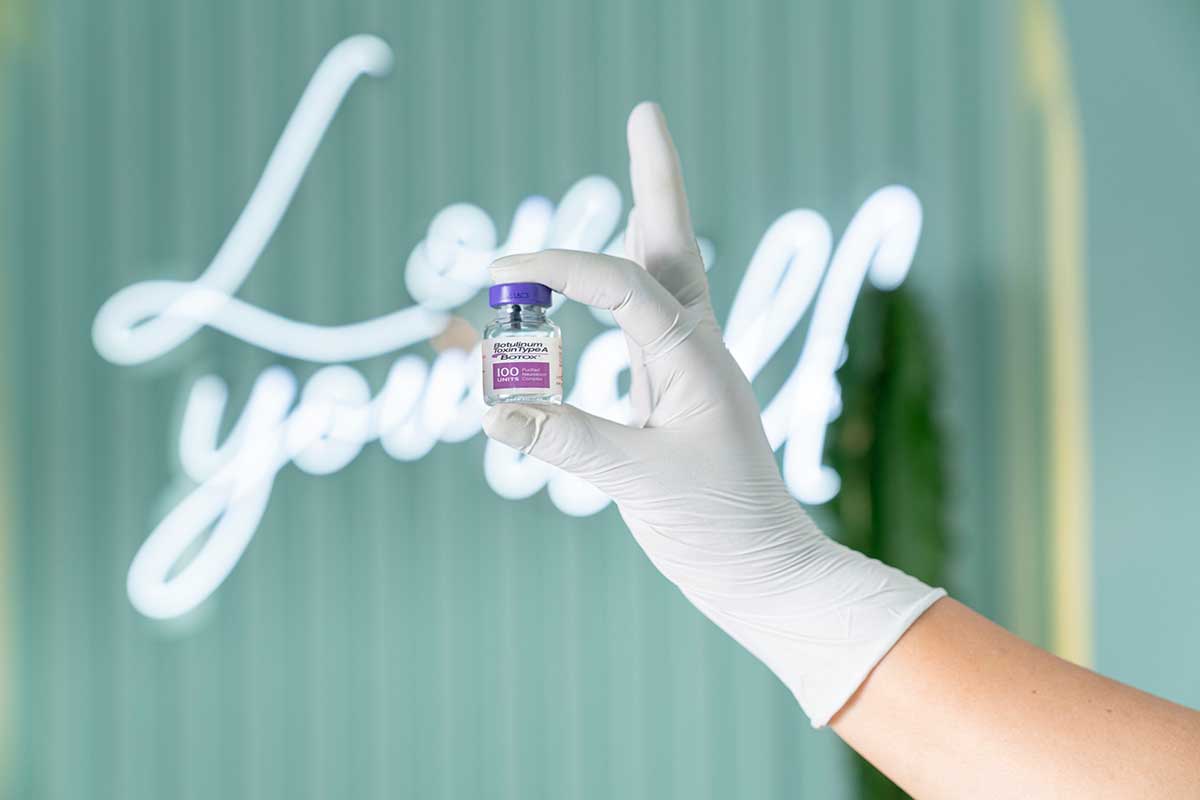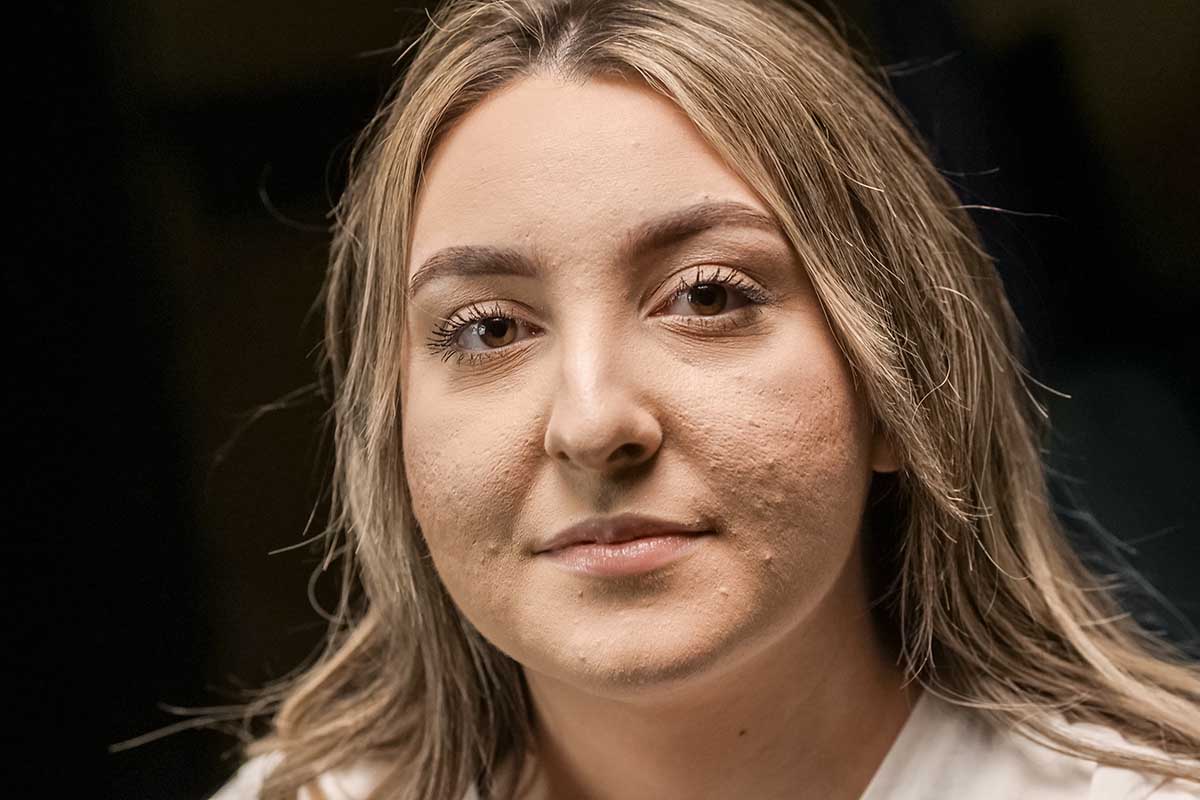4 Signs Of Premature Skin Aging
Having youthful, healthy skin is the ultimate beauty goal for many people. Unfortunately, the reality is far from the expectations and hopes. Many people battle with premature aging skin and usually do not have the slightest idea about the causes.
According to research, 90% of premature skin aging is due to the sun’s effects. Genetics and lifestyle choices influence this, but you should worry when other factors prematurely trigger it. This discussion delves into a few signs of premature skin aging and how to approach them.
Contents
Fine lines and wrinkles
These are the earliest signs of prematurely aging skin and often appear on the most expressive parts of the face. These are around the eyes, forehead, and mouth. Other times, fine lines appear on the sides of the nose connected to the cheeks. They are called the expressive parts of the face because of their role in showing facial movements. Years of skin research have shown that these expressive parts of the face lose the ability to produce the same collagen levels as before.
Elastin production also diminishes, causing premature loss of suppleness in the above-mentioned facial parts. The question, however, is what triggers the premature appearance of these fine lines and wrinkles. Aside from genetics, the answer is due to environmental factors and lifestyle choices. Avoiding regular sunscreen can put your skin at the mercy of UV rays. Meanwhile, lifestyle factors such as smoking, excessive alcohol intake, and poor diet can accelerate premature skin aging.
Adopting a consistent skincare routine that moisturizes and protects your skin is the solution. You may need to use more antioxidant-containing moisturizers to reverse the process. Your skincare specialist may suggest other anti-aging ingredients for your skin’s needs.
Uneven skin tone and hyperpigmentation
The average adult’s skin has slight hyperpigmentation. Even among children, there may be an uneven skin tone, but that could be due to other factors. Overexposure to the sun, hormonal changes, and skin inflammation are other causes of hyperpigmentation. Identifying the exact reason for your hyperpigmentation can be difficult if you’re not a skin specialist. That is why booking an appointment with a dermatologist or skin care specialist to analyze it is crucial.
Skin discolorations often give you an older look, but thankfully, there are effective solutions. First, using a skin-brightening serum or cream and other beauty routines may be helpful. The idea is to create an overall even skin tone. It is not advisable to pick any skin-brightening serum or cream off the shelves, as that could be harmful. A skin specialist must prescribe the hyperpigmentation products.
Hyperpigmentation presents differently in people, but the specialist has the experience to determine which product is best for each type. Moreover, increasing exfoliation routines to help slough dead skin cells from affected areas is essential. It is worth noting that hyperpigmentation treatments can make the skin extra sensitive to the sun; therefore, sun protection is needed.
Signs of Premature Skin Aging: Loss of skin firmness
Your skin loses its natural firmness when collagen production reduces. Loose skin often accompanies aging, but it could mean something is amiss when you’re nowhere near that. Collagen is a protein responsible for your skin’s supple and elastic nature. Elastin is another protein that ensures skin resilience and structure. They naturally decline with age, which is evident around older adults’ necks, jowls, and cheeks. Skin-firming products can help to some extent, but sometimes, you will need more stringent methods.
Botox injections have become popular due to their effectiveness in firming up the skin. A skilled professional administers the injections underneath affected areas of the skin. This softens wrinkles while providing a smooth appearance on the skin’s surface. Although these injections do not provide permanent solutions to sagging skin or wrinkles, you can be sure of the effects lasting three to four months until the next shot. However, not everyone can get Botox injections due to the adverse reactions in certain categories of people. Botox may not be ideal for you if you’re pregnant, breastfeeding, or have a neurological disorder. It is also not recommended for people allergic to the protein in cow milk.
Dry and rough skin
Skin moisture loss is one of the telltale signs of aging, but it can happen earlier than expected. It could be due to environmental factors like harsh weather, excessive AC, or central heating exposure. It might also be due to harsh cleansers stripping your skin of natural oils.
It is vital to see the dermatologist to determine the actual cause of your dehydrated skin. Sometimes, it can be due to an underlying skin disorder that has nothing to do with premature skin aging. The solution is to boost your hydration levels by drinking adequate water daily. It would be helpful to incorporate a high-quality moisturizer into your skincare routine. Dry, rough skin means your dermal layer cannot lock in moisture, so interventions are required. Consider using a humidifier in your living space to prevent environmental dryness.
Premature skin aging can impact your self-confidence, so remember to attend to it immediately

